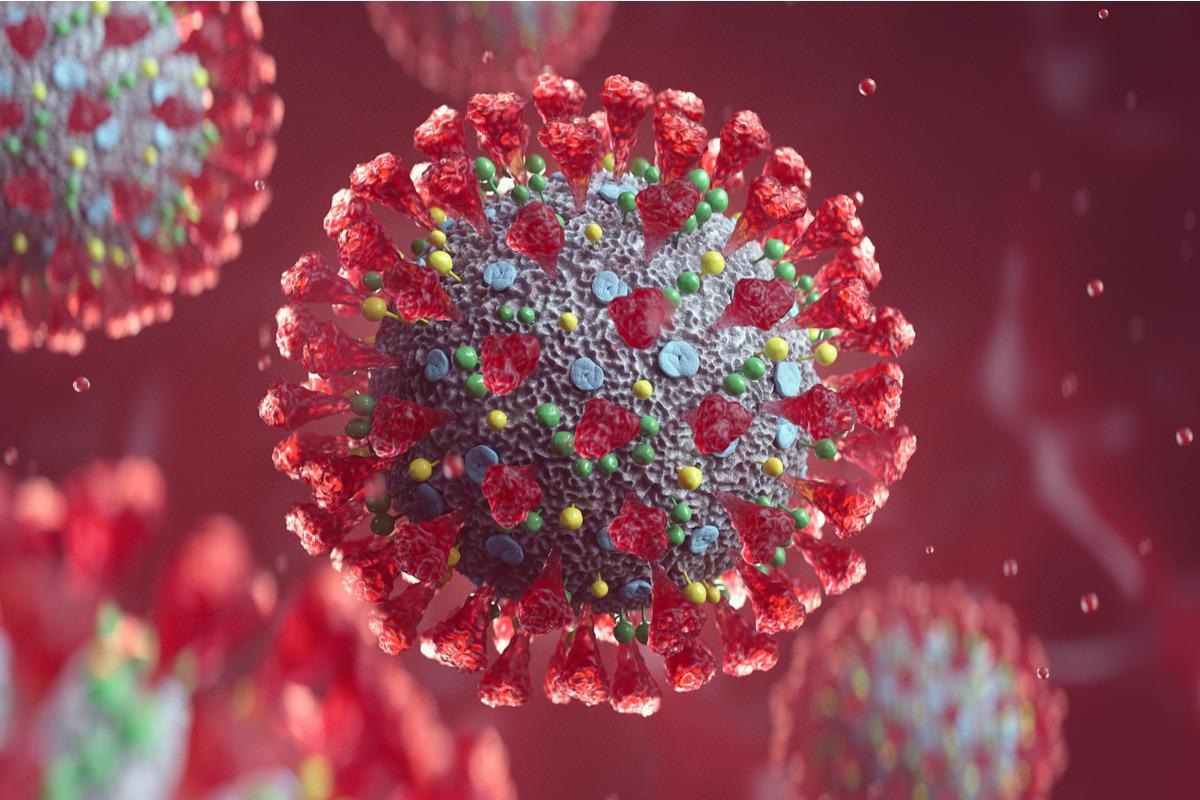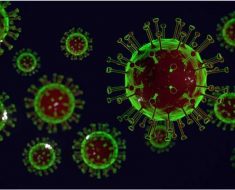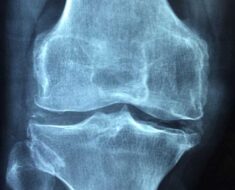Since the beginning of the coronavirus disease 2019 (COVID-19) pandemic in late 2019, the causative agent severe acute respiratory syndrome coronavirus 2 (SARS-CoV-2) has undergone several mutations giving rise to variants with different levels of transmissibility, host-virus interaction, and immune response. Tools that can identify SARS-CoV-2 variants can guide the treatment of infection caused by the specific variants.
 Study: COVID-19 Variant Detection with a High-Fidelity CRISPR-Cas12 Enzyme. Image Credit: Alexey Boldin/Shutterstock
Study: COVID-19 Variant Detection with a High-Fidelity CRISPR-Cas12 Enzyme. Image Credit: Alexey Boldin/Shutterstock
In a study published in the medRxiv* preprint server, researchers from the USA discuss the development and validation of clustered interspaced short palindromic repeats (CRISPR)-Cas12-based COVID-19 variant DETECTR® assay for the detection of SARS-CoV-2 with single nucleotide polymorphism (SNP) mutations in spike (S) gene N501Y (501), L452R (452) and E484K (484).
The study
The researchers screened three CRISPR-Cas12 enzymes: LbCas12a, AsCas12a, and CasDx1, for SNP detection with SARS-COV-2 synthetic gene encoding fragments of wild type (WT) or mutant (MUT) sequences at positions 452, 484, and 501. The enzyme CasDx1 displayed clear differentiation of SNP at all three positions between WT and MUT. While LbCas12a was able to differentiate SNPs at positions 452 and 484, but not 501, AsCas12a could only differentiate the SNP at positions 452 and not 484 and 501.
The researchers used the full DETECTR® assay to evaluate the SNP differentiation capabilities on heat-inactivated viral cultures. The assay steps included ribonucleic acid (RNA) extraction, multiplexed reverse transcriptase loop-mediated isothermal amplification (RT-LAMP) amplification, and CRISPR-Cas12 detection using guide RNAs that target part of the SARS-CoV-2 spike receptor-binding domain (RBD).
CasDx1 effectively differentiated the WT and MUT targets at positions 452, 484, and 501. On the other hand, LbCas12a differentiated between MT and MUT at position 501, though it showed a much higher background for the position 452 WT target and position 484 WT and MUT targets. Also, AsCas12a was able to differentiate WT from MUT only at position 452. Both the analyses indicated that CasDx1 is an ideal enzyme for DETECTR® assay, which could provide accurate estimates of SNP mutation at all three SNP positions: 452, 484, and 501.
The data from SNP synthetic gene fragment controls, including all mutational combinations of 452, 484, and 501 were used to develop a data analysis pipeline for identifying SARS-CoV-2 SNP mutations and lineage classification using DETECTR® assay. On evaluation, the DETECTR® assay displayed 100% concordance for all three SNP mutations and 100% efficacy for lineage classification compared to viral whole-genome sequencing (WGS).
The performance of the DETECTR® assay was evaluated on 91 blind COVID-19 positive clinical samples in parallel to control SNP samples. The DETECTR® data analysis pipeline assay was used to detect WT or MUT SNPs at positions 452, 484, and 501 and to provide final lineage categorization. The results from the DETECTR® assay were then cross-checked with results from viral WGS to evaluate its accuracy.
A positive predictive agreement (PPA) of 100% was observed between the DETECTR® assay and viral WGS for WT and all three MUT SNPs. A negative predictive agreement (NPA) was observed to be 91.4% due to false identification of two SNPs that were determined as E484Q by WGS but called E484 (WT) by the DETECTR® assay. The final viral lineage classification for all samples showed 100% agreement with viral WGS.
Conclusions and limitations
In this work, researchers successfully developed a CRISPR-based DETECTR® assay to detect SARS-CoV-2 variants. The data analysis pipeline developed in this study yielded 100% SNP concordance and agreement with SARS-CoV-2 lineage classification compared to viral WGS.
The study results showed that the choice of Cas enzyme is critical to maximizing the accuracy of CRISPR-based diagnostic assays and needs to be tailored in accordance with the targeted site. The researchers recommended the use of DETECTR® assay in the initial screening of rare or novel variants carrying any or all three SNPs to rapidly identify the circulating variants in the community and support outbreak containment efforts.
A major limitation of this study was that the DETECTR® assay developed by the authors detects only three SNPs – N501Y, L452R, and E484K – which may not offer enough resolution to identify a specific viral lineage.
*Important notice
medRxiv publishes preliminary scientific reports that are not peer-reviewed and, therefore, should not be regarded as conclusive, guide clinical practice/health-related behavior, or treated as established information.
-
Fasching C. L., Servellita V., Mckay B., et. al., COVID-19 Variant Detection with a High-Fidelity CRISPR-Cas12 Enzyme. medRxiv. doi: https://doi.org/10.1101/2021.11.29.21267041 https://www.medrxiv.org/content/10.1101/2021.11.29.21267041v1
Posted in: Medical Science News | Medical Research News | Disease/Infection News
Tags: Assay, Coronavirus, Coronavirus Disease COVID-19, CRISPR, Diagnostic, Efficacy, Enzyme, Gene, Genome, heat, Immune Response, Mutation, Nucleotide, Palindromic Repeats, Pandemic, Receptor, Respiratory, Reverse Transcriptase, Ribonucleic Acid, RNA, SARS, SARS-CoV-2, Severe Acute Respiratory, Severe Acute Respiratory Syndrome, Single Nucleotide Polymorphism, Syndrome, Virus

Written by
Susha Cheriyedath
Susha has a Bachelor of Science (B.Sc.) degree in Chemistry and Master of Science (M.Sc) degree in Biochemistry from the University of Calicut, India. She always had a keen interest in medical and health science. As part of her masters degree, she specialized in Biochemistry, with an emphasis on Microbiology, Physiology, Biotechnology, and Nutrition. In her spare time, she loves to cook up a storm in the kitchen with her super-messy baking experiments.
Source: Read Full Article





